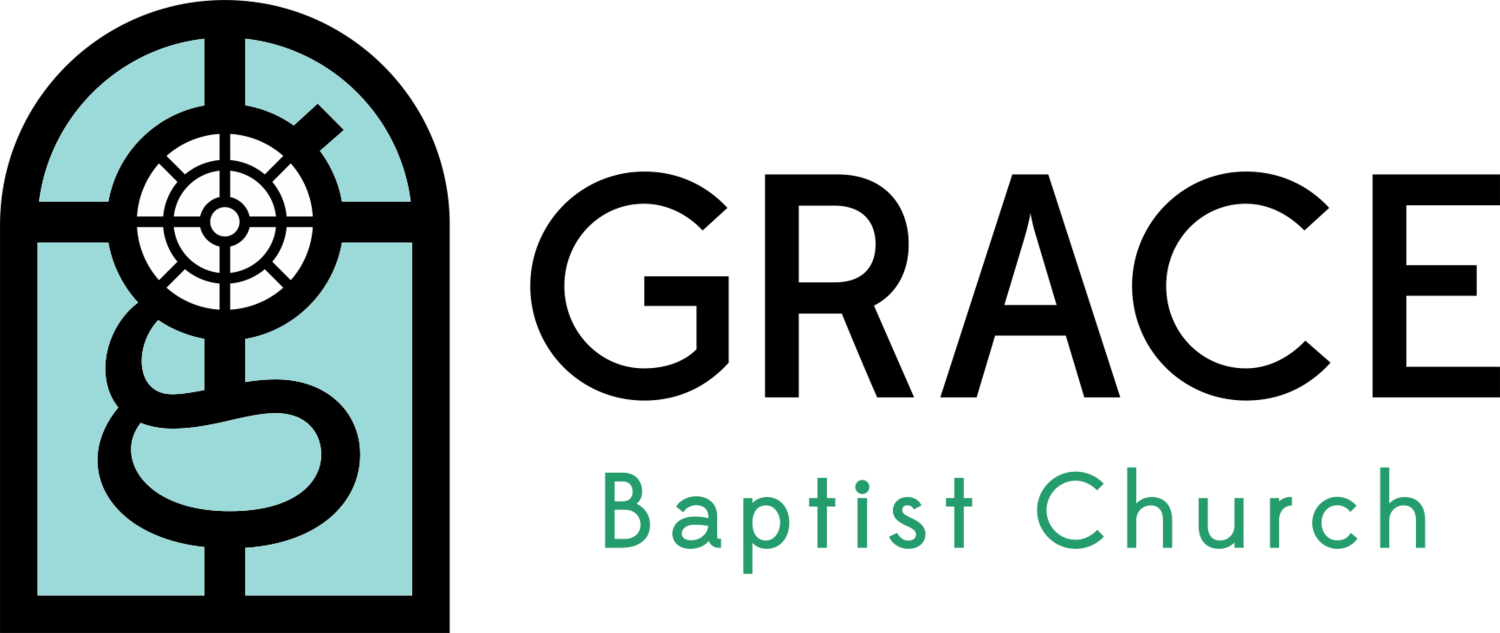4-28-24 Music
This Sunday, April 28th, is the fifth Sunday of Eastertide. It is also the Sunday following Earth Day. We have chosen as a staff to focus on how we are connected to creation, and are charged with being stewards of all that God has made. Our first hymn, Now the Green Blade Rises (Chalice Hymnal, 230), grounds us in this season of Resurrection; the natural cycle of birth, growth, death, and rebirth. Each stanza reminds us that “Love will come again,” just like the green of spring. This hymn will also serve as the introduction to the Gospel reading, John 15:1-8, where Jesus is both the “wheat arising green” and the “true vine.” While at the same time, Jesus is also the master vintner who joins us in the work of tending the garden or vineyard.
Our second hymn, I am Your Mother (Earth Prayer), comes to us from the great Shirley Erena Murray, who passed away in 2020 leaving behind a legacy of thought and emotion provoking hymns. Ten of her hymns are included in Chalice Hymnal, including Take My Gifts (CH381), and Come and Find the Quiet Center (CH575). Earth Prayer is a text that is both beautiful, and sets me a bit on edge:
I am your mother: do not neglect me!
Children, protect me - I need your trust:
my breath is your breath,
my death is your death,
ashes to ashes, dust into dust.
I am your nurture: do not destroy me!
Love and enjoy me, savor my fruit;
my good is your good,
my food is your food,
water and flower, branches and root.
I am your lodging: do not abuse me!
Tenderly use me, soothing my scars;
my health is your health,
my wealth is your wealth,
shining with promise, set among stars.
God is our maker: do not deny God,
challenge, defy God, threaten this place:
life is to cherish -
care, or we perish!
I am your mother, tears on my face...
To me, the first three stanzas are wonderfully ambiguous. The subject, “I,” could be God, it could be a personification of creation (in some faith traditions known as Mother Earth or Gaia), it could even be ancestor or parent. Murray reminds us of our connection to, and reliance on, both creation and each other. Even as we are in Eastertide, the hymn echoes Ash Wednesday and Lent, not just in “ashes to ashes,” but also in “shining with promise, set among stars,” or stardust.
It is not until the last stanza that a doctrinal statement is made: God is our maker, do not deny God by threatening what God has made. Do not challenge or defy God by harming what God has called good. Shirley Murray leaves us unresolved at the end, as Mother God comes back into focus, recalling Jesus weeping. Murray ends the text with ellipses, “...” God’s creation is not ended, there are stanzas of our hymn still unwritten. You can read more thoughts on this hymn text at the UMC’s History of Hymns web resource: https://www.umcdiscipleship.org/resources/history-of-hymns-i-am-your-mother
Typically, I am Your Mother is sung with one of a few original tunes, some of which are quite beautiful. I smile, remembering Michael Hawn singing Per Harling's melody at Richmond Hill in his light falsetto. We will sing it with the more familiar tune BUNESSAN (Morning Has Broken, CH53). This is for two reasons. First, the familiar tune will allow our minds to spend more time with Shirley’s text. Second, I think there is something in the play between the different meanings of the word “broken” in Morning Has Broken, which might echo a bit as we sing a different text together. After we sing this we will pray together a version of the Lord’s Prayer that comes to us from New Zealand, Shirley Erena Murray’s home. You can read it here: https://women.salvationarmy.org.nz/resource/god-our-father-and-mother-free-printable-%C2%A0new-zealand-anglican-lords-prayer
Finally, we will sing together the grand hymn of praise, with all of creation, All Creatures of Our God and King (CH22). The bountiful Alleluias of this great hymn remind us again of Eastertide, indeed we last sang this tune as the Doxology on Easter morning. Previously, I am Your Mother reminded us of the season of Lent and confession, as confession is a necessary part of any creation care service. After all, it is plain to see the ways humanity has failed to adequately care for the Earth and worrisome to think what my children's children will inherit. The last stanza of All Creatures, which I believe is unique to Chalice Hymnal, serves as Declaration of Forgiveness, and Affirmation of Faith, following a confessional service, reminding us that God is with us, and our children's children, forever:
And all forgiven tender hearts,
forgiving others, take your part,
sing praises, alleluia!
You who long pain and sorrow bear,
praise God, who knows your ev'ry care…
Alleluia, indeed. Thank you for reading and for singing.
—
Some listening links for you to enjoy:
Two distinct takes on Now the Green Blade Riseth/Rises, both I believe recorded during the pandemic:
https://www.youtube.com/watch?v=vpU01KQIUJM
https://www.youtube.com/watch?v=hceOYEUxCVk
A different tune for I am Your Mother, set by the great Mark Miller, and beautifully sung by Julian Wamble:
https://www.youtube.com/watch?v=klC8auh_aTo
Brian Hehn shared the setting by Per Harding with some commentary a few years ago on the Center for Congregational Song's “Coffee and Hymns.” He starts around 10 minutes in (but check out the whole thing!):
https://www.facebook.com/share/v/vFZvjsrPL7VpC9kL/?mibextid=xfxF2i
You can’t go wrong with All Creatures of our God and King at Westminster Abbey…
https://www.youtube.com/watch?v=VF12LkUS25c
… or a Pandemic era recording by our own Dr. Theresa Steward:
https://drive.google.com/file/d/1WWw9fsMeHey68RpdOwD0TbZr4YElt2lE/view?usp=sharing
Image: A Mother's Love Holds the World. 2008. Miller, Mary Jane.


